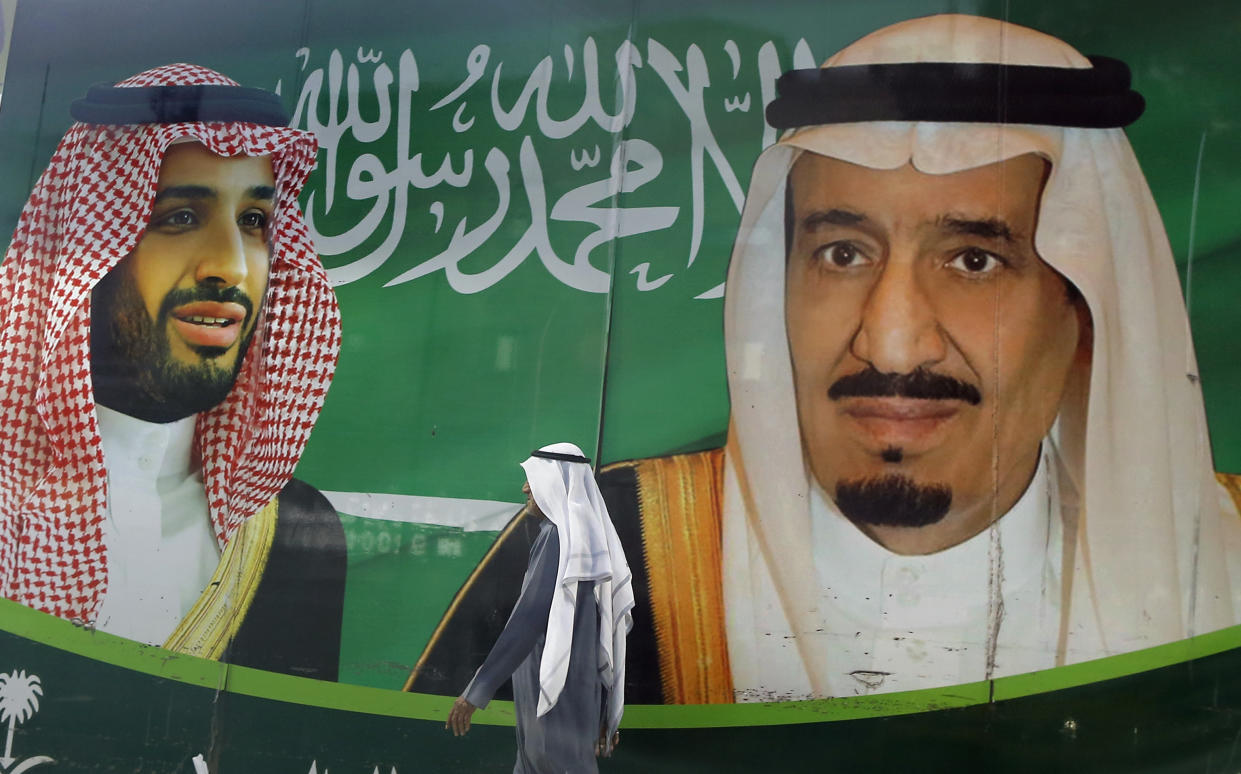Coronavirus: Saudi Arabia triples VAT to pay for pandemic response

Saudi Arabia is hiking taxes and slashing public spending in response to the COVID-19 pandemic.
The government news agency said on Monday the state was taking measures worth 100bn Saudi riyals ($26.6bn, £21.5bn) in a bid to shore up public finances.
Key measures include increasing value added tax (VAT) from 5% to 15% from July 2020 and the axing of a cost of living allowance for all state workers. The allowance is worth 1,000 riyals ($267, £214) per month and will be stopped from the start of June.
A new ministerial committee has been established to review spending on benefits for all state employees and contractors, while Riyadh is also cancelling some state spending including on the country’s much-publicised Vision 2030 modernisation project.
“These measures that have been undertaken today, as tough as they are, are necessary and beneficial to maintain comprehensive financial and economic stability on the medium and long-term for the interest of the country and its citizens,” the Saudi state news agency reported minister of finance Mohammad Aljadaan as saying.
READ MORE: European stocks on 'firm footing' as UK sets out lockdown roadmap
Aljadaan said Saudi Arabia faced “three economic shocks” as a result of the COVID-19 pandemic — a slump in demand for oil globally, the shutdown of the Saudi economy to slow the spread of the virus, and a need to radically increase healthcare spending.
“Each of [these shocks] could in itself have an extremely negative effect on the performance and stability of public finance had the government not intervened by taking measures to absorb them,” Aljadaan said according to the state news agency.
Saudi Arabia last month reported a 22% slump in state revenues in the first quarter of 2020. The fall in income pushed Riyadh to a budget deficit of 34.1bn Saudi riyals ($9bn, £7.3bn) in the first three months of the year.
Oil exports are the key revenue driver for the Saudi state but the price of Brent crude (BZ=F) has fallen 50% since the start of the year as worldwide lockdowns and travel bans have crushed demand.
Watch the latest videos from Yahoo UK

